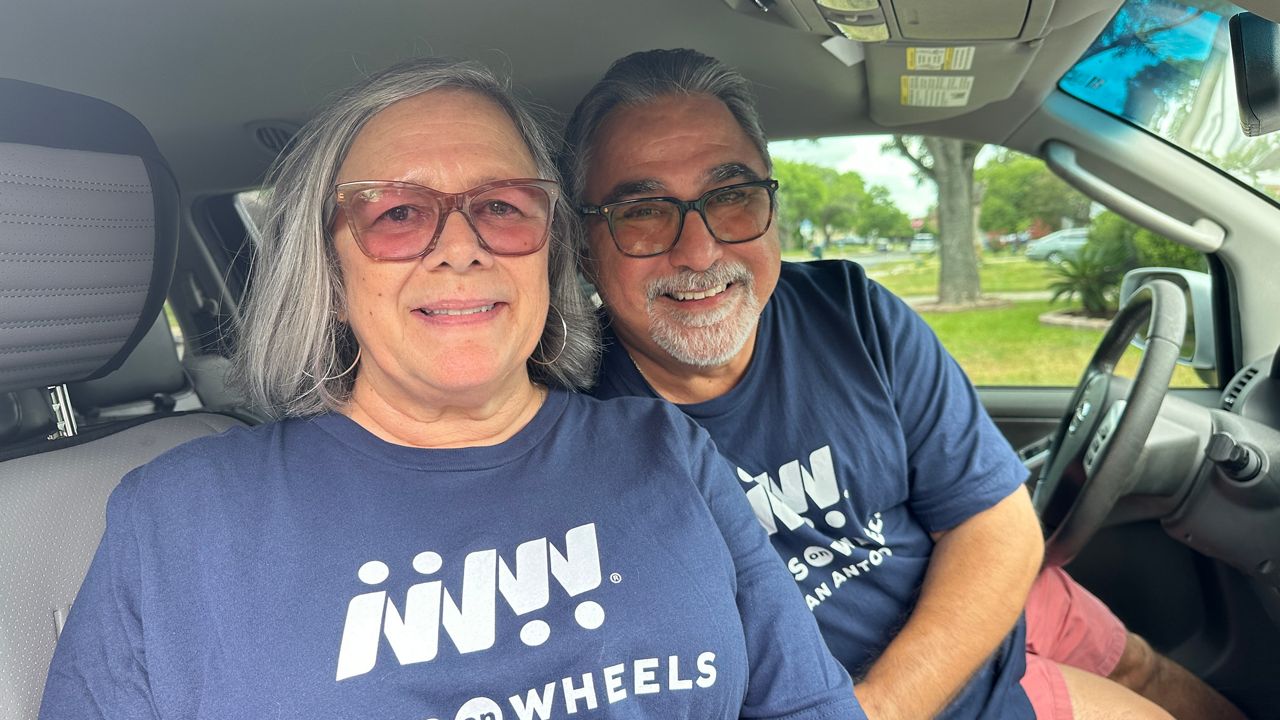TEXAS — President Donald Trump signed America’s future tax and spending policy into law on Fourth of July. Cuts to Medicaid and food assistance programs were concerns raised by politicians on both sides of the aisle. Meals on Wheels (MOW) programs across Texas may feel the impact.
What You Need To Know
- President Donald Trump signed the “One, Big, Beautiful Bill” into law on the Fourth of July
- Politicians on both sides of the aisle have expressed concerns about cuts to Medicaid and the Supplemental Nutrition Assistance Program (SNAP)
- According to the White House, there will not be cuts to Medicaid and the bill created new work and eligibility requirements that will improve SNAP
- Meals on Wheels San Antonio CEO Vinsen Faris says that with less people having access to SNAP and Medicaid services, more people will be reaching out to the organization for assistance. He also says MOW San Antonio doesn’t have the resources for this
About 100,000 Texans are fed through the different MOW programs throughout the state.
One couple, Cynthia Guido and Jesse Garcia, have been volunteering with MOW San Antonio for a few years. Their role is to deliver meals and do a quick check-in with clients.
“They just appreciate you being there, having a little conversation, bringing the meals, and I have to think that maybe some of these people would go hungry if it wasn’t for Meals on Wheels,” Guido said.
The couple volunteers three times a week.
“We like doing it together because Jesse will drive one day, I’ll drive the next day,” Guido said. “We get to see the people, talk, catch up with what they’re doing, and we enjoy being together.”
“It works for us,” Garcia said.
“Yeah,” Guido responded. “It does.”
MOW San Antonio has been serving the community for almost 50 years and has more than 3,000 clients. Funding comes primarily from donors. The federal government is another source of funding.
“Meals on Wheels is very blessed to have a lot of different funding streams coming in,” said Vinsen Faris, the CEO of MOW San Antonio. “We do receive some passed through federal dollars. It usually averages 25% to 30% of our overall budget. As long as it’s there, we can put it to good use. We are going to use it.”
However, Faris explains that when temporary funding from the COVID-19 economic stimulus ended, the organization was hit hard. Money coming in from the American Rescue Plan Act ended in February 2025. Costs also keep rising and the elderly population has continued growing.
“We don’t have enough resources to do the job at hand,” Faris said.
There are about 750 people on the waitlist to receive food from MOW San Antonio.
The new law, which Trump labeled the “One, Big, Beautiful Bill,” makes significant changes to the Supplemental Nutrition Assistance Program (SNAP), and that has Faris concerned the need for services, like MOW, will continue to grow.
“A lot of people that have been getting SNAP won’t be able to use their SNAP benefits to obtain food,” Faris said. “They’re going to be reaching out to us. People who have been on Medicaid services, not having those services, they’re going to be reaching out to us. Our phones are going to be ringing more, more people are going to be seeking service, and we aren’t going to have the resources to pick them up.”
The national health policy organization KFF estimates about 300,000 Texans currently on Medicaid will lose their health insurance when the law takes effect in 2027.
Feeding Texas issued a statement saying that about $186 billion could be slashed from SNAP.
According to the White House, it will not cut Medicaid and it “protects and strengthens SNAP,” with new work and eligibility requirements.
Volunteers like Guido and Garcia will continue to answer the call in these uncertain times, knowing that the work they do affects so many lives.
“I love doing this,” Guido said. “I love the people. They’re so sweet and appreciative of what we do.”
